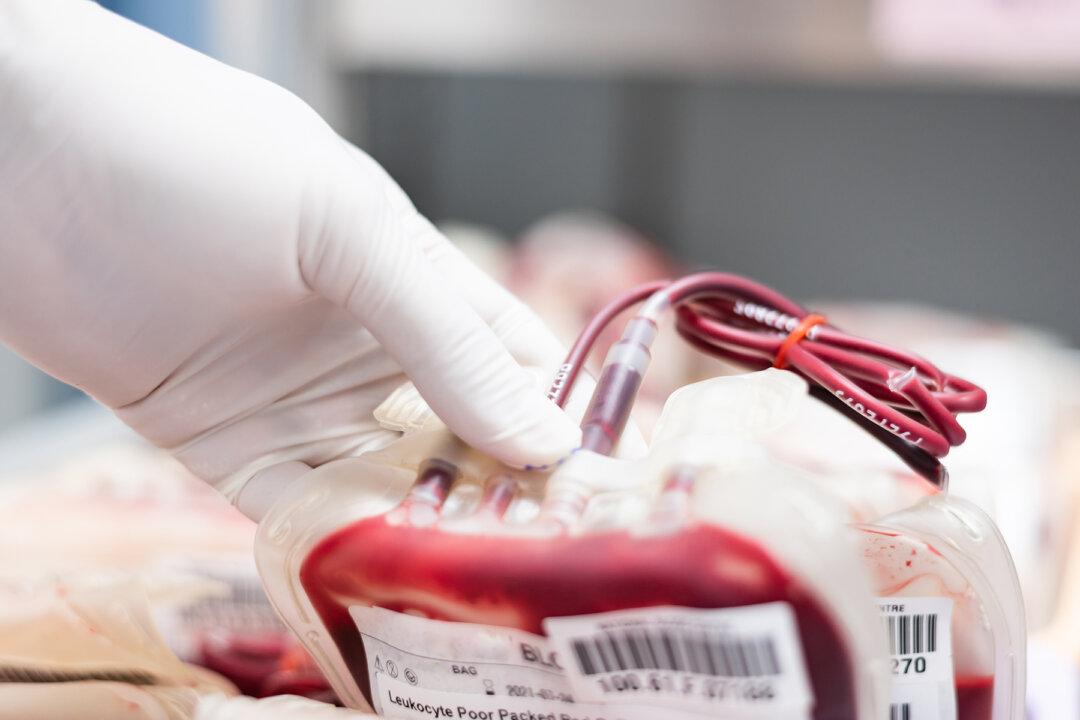Blood bank emergencies have occurred frequently across China since COVID-19. As the new year approaches, many local blood banks are again in short supply, with some provinces calling on the public to donate blood and some issuing red alerts as the nation’s blood supply fails to keep pace with demand.
The blood supply crisis comes as China relaxes its long-standing zero-COVID rules, fueling a corresponding rise in cases. After the Chinese Communist Party (CCP) issued “10 New Guidelines“ for epidemic prevention on Dec. 7, reported COVID-19 cases surged in many places in China, leading to a dramatic drop in blood donations.




